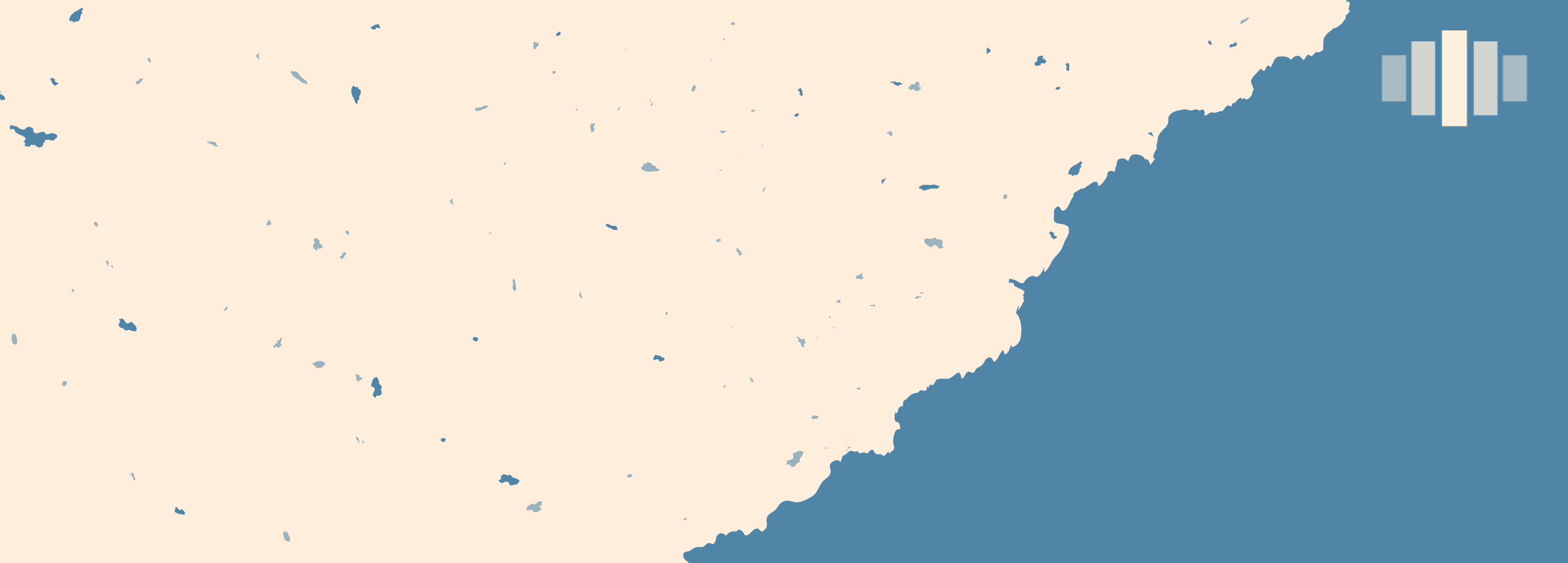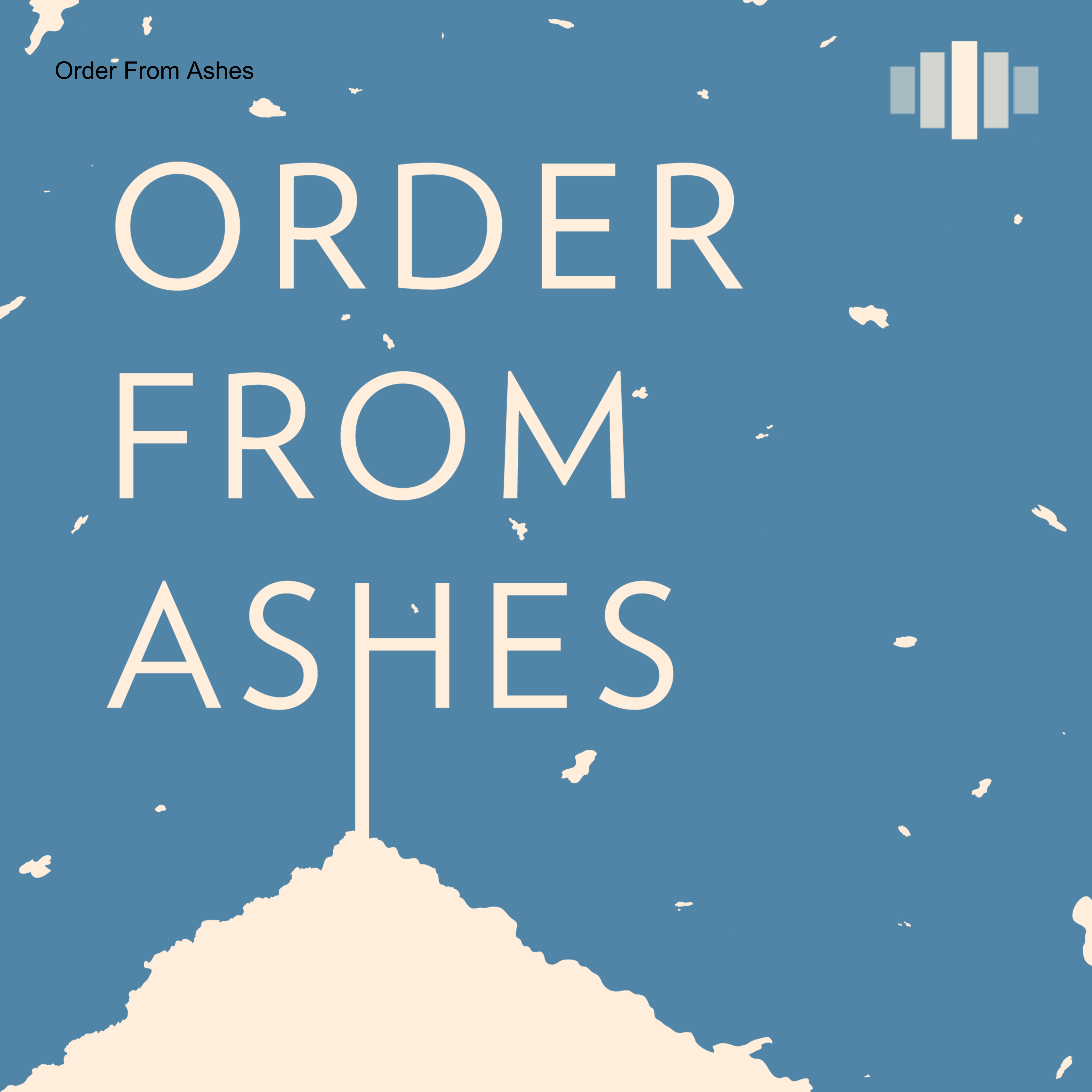
Today’s world is in unprecedented flux. Rights and citizenship are under assault. Authoritarianism is on the rise. No single country can dictate the rules. The Middle East lies at the cutting edge of the crises of our age, with every world power, including the United States, deeply involved. Host Thanassis Cambanis interviews activists, researchers, and decision-makers about the problems of our time, and possible solutions. This podcast is produced by Century International. Our research focuses on the human impact of global policy. We are independent, critical, and progressive. Find our work at https://tcf.org/topics/century-international/.
Episodes
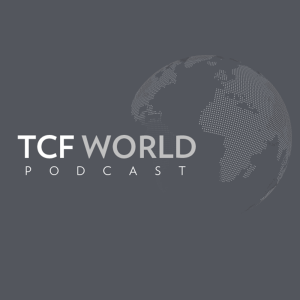
Tuesday Jan 08, 2019
Iran after the Broken Deal
Tuesday Jan 08, 2019
Tuesday Jan 08, 2019
Last year, the much-vaunted Iran nuclear deal fell apart when President Trump pulled the United States out of the agreement, imposed new sanctions, and pressured American allies to stop doing business with Iran. With Trump’s policy now seemingly settled, what is going to become of Iran’s relations with Europe and other major powers, such as Russia and China? On this episode, Dina Esfandiary examines the challenges Iran faces with regional and global powers following the United States’ withdrawal from the Iran deal.
Dina Esfandiary is a fellow at The Century Foundation. Her research focuses on Persian Gulf security, Iran’s foreign relations, and relations between states and non-proliferation in the Middle East. She is also an international security program research fellow at the Harvard Kennedy School’s Belfer Center for Science and International Affairs, and an adjunct fellow in the Center for Strategic and International Studies’ (CSIS) Middle East Programme.
Participants:
- Dina Esfandiary, The Century Foundation
- Thanassis Cambanis, The Century Foundation

Tuesday Dec 18, 2018
The Difficulty of Reporting from Assad’s Syria
Tuesday Dec 18, 2018
Tuesday Dec 18, 2018
It’s always been a challenge to conduct independent research and journalism in Syria, where the government’s network of secret police and informants tightly monitor all conversations. Since the uprising and conflict that began in 2011, it’s only become harder to gather information in Assad’s Syria.
Nabih Bulos, a staff writer for the Los Angeles Times, discusses the difficulties of reporting on the Syrian conflict from government-controlled areas. He recently travelled to the Syrian cities of Damascus, Mhardeh, and Quneitra, as well as to the Ghouta region. On this episode of TCF World, Nabih speaks about the challenges of entering the country; what Assad’s government hopes to gain from allowing foreign journalists to enter; and the regime’s ability to control the flow of information. He also discusses life in Syria for ordinary citizens, as well as the challenges Assad faces in constructing a post-civil war order.
Participants:
- Nabih Bulos, Los Angeles Times
- Thanassis Cambanis, The Century Foundation
- Michael Wahid Hanna, The Century Foundation

Tuesday Dec 04, 2018
The Challenges of Defending Human Rights in U.S. Foreign Policy
Tuesday Dec 04, 2018
Tuesday Dec 04, 2018
Whenever policymakers have tried to place human rights at the center of American foreign policy, they frequently find themselves trading them away for other strategic goals—or facing accusations of hypocrisy. How can we make human rights take center stage?
Sarah Margon, the Washington director for Human Rights Watch, discusses the complicated relationship between American foreign policy and human rights. From the Cold War to the War on Terror, the United States has cultivated an ambiguous relationship to the issue of human rights. Since September 11, human rights discourse has been marginalized more than ever, despite the steady efforts of a small community of lawmakers, diplomats, and advocates. Values and rights still play a fundamental role in America’s self-image and, for a dwindling constituency, undergird our foreign policy. This podcast explores how to make the case for a human rights-based approach to U.S. foreign policy at our current, fraught historical moment.
Participants
- Sarah Margon, Washington director for Human Rights Watch
- Thanassis Cambanis, The Century Foundation

Thursday Nov 15, 2018
The Overlapping Wars in Yemen—and U.S. Complicity in Catastrophe
Thursday Nov 15, 2018
Thursday Nov 15, 2018
The Saudi-led coalition has led a brutal air campaign against Houthi rebels in Yemen since 2015. The result has been a tremendous humanitarian catastrophe, with 50,000 dead, millions on the brink of starvation, and a deadly outbreak of cholera in 2016. The dire situation has also been exacerbated by the continuation and intensification of two overlapping wars—the U.S. war against Al-Qaeda in the Arabian Peninsula (AQAP) and the Islamic State, and an intractable, multi-sided civil war. While the United States has demonstrated some desire to distance itself from the Yemen war, the Saudi-led coalition has intensified its battle over the port city of Hodeidah. Gregory Johnsen discusses the multiple overlapping conflicts in Yemen and the options for the United States to reduce the negative humanitarian and strategic consequences of the conflict there.
Gregory Johnsen is a Yemen expert who served on the Yemen Panel of Experts for the UN Security Council from 2016 to 2018. He was a Fulbright fellow in Yemen and resident scholar at the Arabia Foundation, and holds a PhD in Near Eastern Studies from Princeton University. Johnsen is also the author of The Last Refuge: Yemen, Al-Qaeda, and America’s War in Arabia.
Participants
- Gregory Johnsen, author and Yemen scholar
- Michael Wahid Hanna, The Century Foundation
- Thanassis Cambanis, The Century Foundation
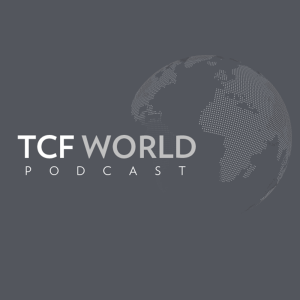
Tuesday Oct 16, 2018
Iraq’s New Government, and Rebuilding Syria
Tuesday Oct 16, 2018
Tuesday Oct 16, 2018
Iraq is finally forming a new government after its elections in May, and faces a daunting crisis of governance and corruption. A frustrated electorate has high, perhaps unrealistic, expectations that the new government will transition from a system of redistribution based on sectarian identity to one rooted in accountability, institutions of oversight, and cross-ethnic and cross-sectarian alliances.
Maria Fantappie, a senior advisor for the International Crisis Group, discusses the long-standing stalemate within the Iraqi parliament and the deleterious impact of competition between the United States and Iran. She argues that the next four years are likely to bring a hybrid system of governance, including both pre-existing, sectarian alliances, and new, cross-sectarian coalitions over certain issues.
Meanwhile, next-door Syria is also entering a new political phase. President Bashar Al Assad is attempting to rebuild parts of the country, even as the war continues into what appears to be its final phase. The government’s enactment of the Urban Renewal Law and Decree 66 has made it possible to undertake urban development projects such as Marota City and Basilia City in the outskirts of Damascus.
Joseph Daher, a Swiss–Syrian activist and researcher at University of Lausanne in Switzerland, has tracked the dynamics of the first reconstruction efforts. Neighborhoods that were formerly home to lower-middle class citizens are being developed for wealthy Syrians, while areas that opposed the regime have yet to witness any reconstruction efforts. According to initial research, it appears that reconstruction is being used to reconstitute the Assad regime and reconfigure society in ways that might prevent future uprisings.
Participants
- Maria Fantappie, International Crisis Group
- Joseph Daher, University of Lausanne
- Thanassis Cambanis, The Century Foundation

Tuesday Sep 25, 2018
Basra Protests Shake Iraqi Status Quo
Tuesday Sep 25, 2018
Tuesday Sep 25, 2018
September’s mass protests in Basra shook Iraq’s government all the way to the top—and perhaps mark a new phase in Iraq’s popular politics. In a brief wave of demonstrations, residents of Basra attacked government buildings, militia headquarters, and the Iranian consulate: symbols of the corruption that has kept their city poor, polluted, and starved of public services, despite the fact that it produces most of Iraq’s oil.
Tamer El-Ghobashy covered the protests in Basra, and here discusses why Iraq’s second city reached a breaking point. He also reflects on the decidedly post-sectarian turn in Iraq’s dysfunctional politics. The mostly poor, mostly Shia residents of southern Iraq provided the rank-and-file fighters for the war against the Islamic State. Now, they want to see some improvement in their quality of life. The protests ended incumbent prime minister Haidar al-Abadi’s quest for another term. What impact will they have long-term on Iraq’s appalling governance?
Participants include:
- Tamer El-Ghobashy, Baghdad bureau chief, The Washington Post
- Thanassis Cambanis, senior fellow, The Century Foundation

Tuesday Sep 11, 2018
How Germany Is Integrating One Million Syrian Refugees
Tuesday Sep 11, 2018
Tuesday Sep 11, 2018
Germany is more than three years into a massive human and policy experiment, figuring out how best to integrate mor- e than one million Syrian asylum seekers. Chancellor Angela Merkel welcomed Syrian refugees and others fleeing conflict zones—partly on humanitarian grounds, and partly as a bet that an influx of motivated young workers might rejuvenate the economy.
Lily Hindy traveled to Germany and interviewed dozens of people involved in this great social engineering project, from Syrian refugee families to vocational instructors to government officials. She shared her findings in a multimedia TCF report. She found that Germany’s coordinated re-sponse had produced some surprising successes, like the vocational training and language programs designed to assimilate newcomers and prepare them for the workforce. She also documented some of the bumps in the road, from social tensions and discrimination against immigrants and the ambiguous response of some of the immigrants to their new host society.
There are considerable lessons here for the United States, or any other country that is willing to welcome new immigrants and invest in their integration. -
Participants include:
- Lily Hindy, doctoral student, University of California–Los Angeles
- Thanassis Cambanis, senior fellow, The Century Foundation
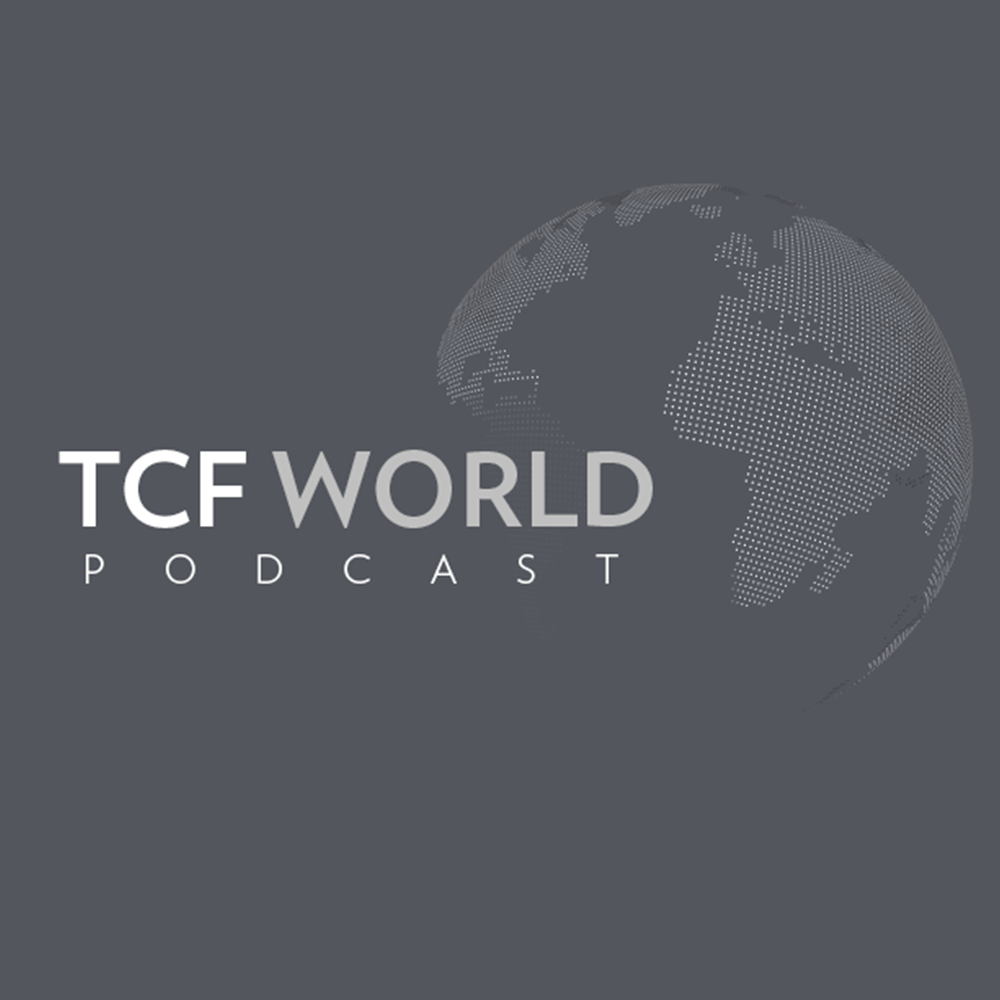
Tuesday Aug 21, 2018
New thinking about American liberal foreign policy
Tuesday Aug 21, 2018
Tuesday Aug 21, 2018
Liberal internationalists (from all over the American political spectrum) have responded with horror to President Trump’s broadsides against the very idea of alliances and international cooperation. But the president’s questioning of the principles of the United Nations and NATO have raised doubts within the internationalist foreign policy elite. How effective are international institutions, agreements and alliances? Was there really a golden age—an international liberal order—that lasted from the end of World War II until the inauguration of Trump, during which generous American stewardship produced prosperity and stability?
Paul Staniland has joined the debate with a forceful essay in the Lawfare blog entitled “Misreading the ‘Liberal Order’: Why We Need New Thinking in American Foreign Policy.” He argues that an international liberal order did exist, although it wasn’t as rosy as some of its staunchest defenders proclaim—nor is President Trump solely responsible for the erosion of the postwar international order. A better understanding of the ambiguous record of internationalism since 1945 is required if the United States is to design a more effective foreign policy in years to come. Paul Staniland discusses the debate about the international liberal order and its implications for crafting an improved order to succeed it.
Participants include:
- Paul Staniland, political scientist, University of Chicago
- Thanassis Cambanis, senior fellow, The Century Foundation

Monday Jul 23, 2018
How to Research Lebanon’s Youth Problem (and Other Questions)
Monday Jul 23, 2018
Monday Jul 23, 2018
Aya Fatima Chamseddine has been exploring the ways that Lebanese youth get indoctrinated into armed militant groups—or trapped in dead-end jobs that encourage them to join dead-end sectarian political parties, or flee the country. Her path-breaking reports for Synaps brought the voices of her research subjects to life, shedding light on thorny policy questions with a narrative flair. What is the “youth problem” in the Arab world, and is it really that different than in the rest of the world?
Synaps is a new research collective based in Beirut and founded by veteran policy analyst Peter Harling. It has taken an innovative approach to training local researchers, and has adopted a method of radical transparency, addressing in public on its website the challenges of conducting fieldwork, shaping research, finding funding, and reaching an audience. Peter and Aya discuss the wider challenges of shaping policy while producing deep, original, and relevant research.
Participants include:
- Aya Fatima Chamseddine, fellow, Synaps
- Peter Harling, founder and director, Synaps
- Thanassis Cambanis, senior fellow, The Century Foundation

Wednesday Jun 20, 2018
Recruiting militants: Greed or grievance?
Wednesday Jun 20, 2018
Wednesday Jun 20, 2018
The growing power of armed groups in the Middle East has raised an old question: how do militants recruit new constituents? Researchers have long debated the relative merits of ideology versus services as drivers of militant groups (an argument dubbed “greed vs. grievance”).
Developments in Iraq and Lebanon have given us a better understanding of the interplay of ideas and material rewards for militia recruitment. Legacy militia groups like Hezbollah have been joined by relative newcomers like Iraq’s Popular Mobilization Units (“Hashd al Shaabi”) at the epicenter of power. On this podcast, Renad Mansour, a leading expert on Iraq’s paramilitaries, joins Sima Ghaddar, a keen observer of Hezbollah, to discuss the new insights about paramilitary recruitment and loyalty that they’ve learned from Iraq and Lebanon.
Participants include:
- Sima Ghaddar, policy associate, The Century Foundation
- Renad Mansour, research fellow, Chatham House
- Thanassis Cambanis, senior fellow, The Century Foundation
